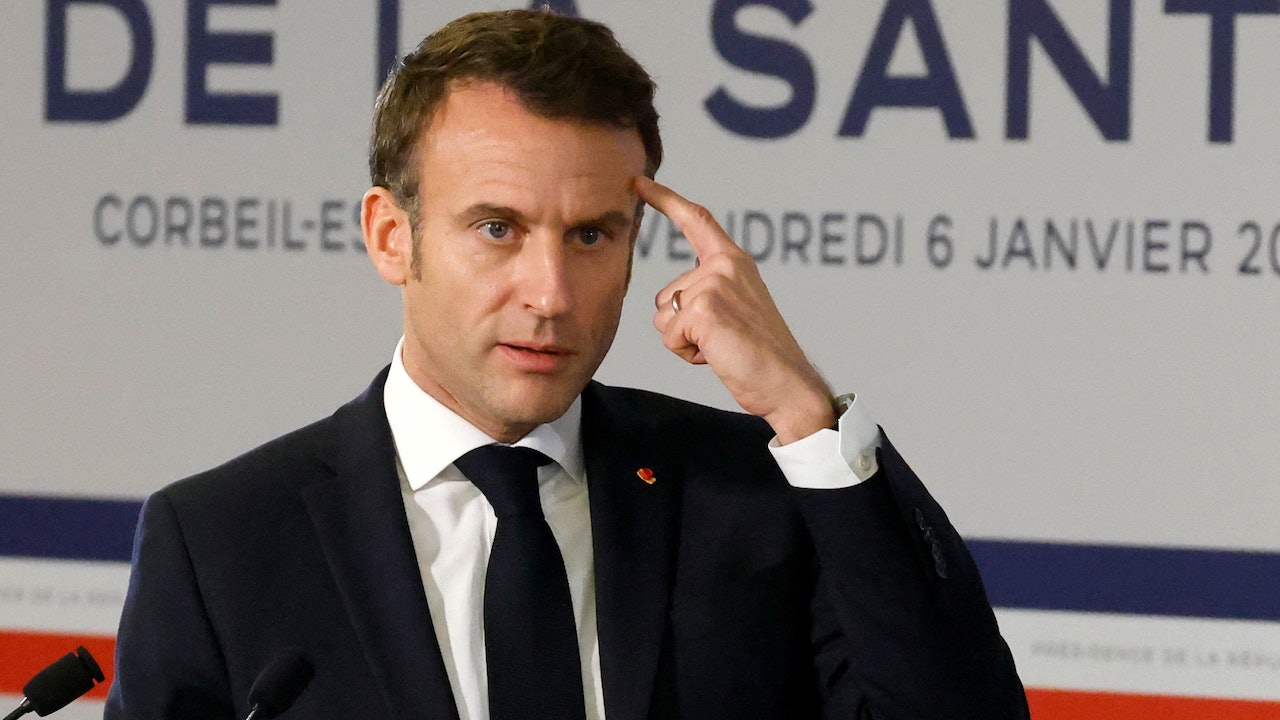On January 10, French Prime Minister Elisabeth Borne announced the second retirement reform plan since President Emmanuel Macron became president in 2017, proposing to gradually raise the retirement age from 62 to 64 (by 2030 years), speed up the elimination of preferential retirement protection in some special industries, and speed up the increase in the contribution period requirements.
The move aims to fill a gap of 13.5 billion euros in the current system in 2030, and is expected to generate an additional 17.7 billion euros in deposits in the same year, allowing France's retirement system to return to surplus.
In France, which is facing an aging population, like many European countries, it is almost inevitable to reform the retirement security system.
For example, the retirement age in Spain and Germany will be raised to 67 in 2027 and 2029 respectively, while the retirement age in Italy has already been raised to 67 in 2019.
Macron's "64-year-old" proposal has already lagged behind other comparable European countries to some extent.
However, the retirement age is often an untouchable political dilemma in France.
In the past 20 years, 4 out of 5 demonstrations mobilized by unions across the country were related to retirement reform.
From Jacques Chirac to Nicolas Sarkozy, any major retirement reform has either failed completely or been forced to make significant concessions.
Macron himself also tried to promote retirement reform in 2019 during his first term. The then Prime Minister Édouard Philippe proposed to integrate 42 different retirement systems across France into one and introduce a scoring system that is more in line with the times , which eventually led to the largest demonstrations since 1968.
Stepping into 2020, when the new crown epidemic broke out, Macron took advantage of the opportunity to give himself a next step and withdrew the retirement reform.
On January 10, French Prime Minister Elisabeth Borne announced the second retirement reform plan for President Emmanuel Macron since he became president in 2017.
(Reuters)
According to the estimates of official professional institutions, the current French pension system will run a deficit in the next 25 years, mainly due to the inevitable aging of the population.
Today, there are 2.6 French people aged 20 to 64 for every French person over 65, but that number will drop to 2.25 by 2030 and below 2 by 2040.
Since the French system uses the contributions of working people to support pension expenses, this has caused the entire system to be unable to make ends meet.
In this regard, apart from reducing pensions or increasing contributions, the only feasible way out is to raise the retirement age, that is, to lengthen the contribution period before retirement.
Although the life expectancy of the French has reached 82 years in 2020, and France spends 14% of GDP on pensions, which is two percentage points higher than the EU average, the French are very obsessed with retirement age: According to polls, Nearly 70% of them opposed raising the retirement age to 64. The far-right and far-left candidates who performed prominently in the presidential and congressional elections last year even supported lowering the retirement age to 60 at least in part. The trend goes in the opposite direction.
After Prime Minister Borne announced the new retirement reform proposal, unlike the situation at the beginning of 2019, the eight major trade unions in France have united and immediately announced that they will launch the first general strike on January 19.
At a time when inflationary pressures remain and France is set to ease household energy price increases this year from 4 percent to 15 percent, street protests will become a major challenge for Macron's administration.
If the demonstration situation develops beyond the control of the trade unions, even like the Yellow Vest Movement (Gilets Jaunes) between 2018 and 2019, Macron's attempt to break through the retirement reform mark is likely to fail.
Anti-retirement reform posters quickly appeared on the streets of France. The posters used "Say No to Retirement to the Dead", accusing raising the retirement age as "retiring until death".
(Reuters)
Following last year's parliamentary elections, Macron became the first president in two decades to win a presidential election without a parliamentary majority.
Therefore, unlike the situation in 2019, in addition to resisting street pressure, Macron has to persuade members of other parties to vote for it. His most obvious partner is the Republican Party, which once dominated French politics and has now become a marginal force. partisan.
In order to retain a certain degree of support, Macron’s retirement reform this time also specifically increased the level of the minimum state pension (to 1,200 euros per month), and provided special incentives for people or occupations who entered the workplace early and had poor working conditions. As the carrot in "the carrot and the stick".
However, judging from the current unanimous opposition from trade unions, its effectiveness is very limited.
If the street pressure continues and Congress does not have enough votes, the French constitution also leaves Macron with a "nuclear option", which is to use "Article 49, paragraph 3 of the constitution."
The law gives the president the power to pass laws without a vote of Congress, and the only way Congress can stop a law from passing is through a vote of no confidence in the government.
Since the president is likely to be forced to dissolve Congress after the no-confidence vote is passed, triggering a "big dragon and phoenix" for re-election, the Constitution of the Fifth French Republic has come into force since 1958. Although "Article 49, Paragraph 3" has been repeatedly Cited, but there has been no case of any government being overthrown.
After Macron lost the majority in Congress last year, the passage of his 2023 budget relied on this provision. Although there was an unprecedented cooperation between the extreme right and the extreme left in Congress at that time, the vote of no confidence was ultimately unable to pass with the support of Republicans.
However, retirement reform is often a Pandora's box in French politics. Under the fierce public opposition, Macron's government is still likely to "make history."
But he is at best the latest chapter in a history of failed pension reforms in France, and what follows is far from final.
What is the impact of Russia's seizure of the huge salt mine dungeon in Udong on the war?
Russia-Ukraine War|A large number of "suspected tanks" lost to Ukraine and Europe and the United States to deploy a ground counterattack?
Macron’s State Visit Shows Unity with the U.S., France, and Ukrainian Possibility of Contradictions





